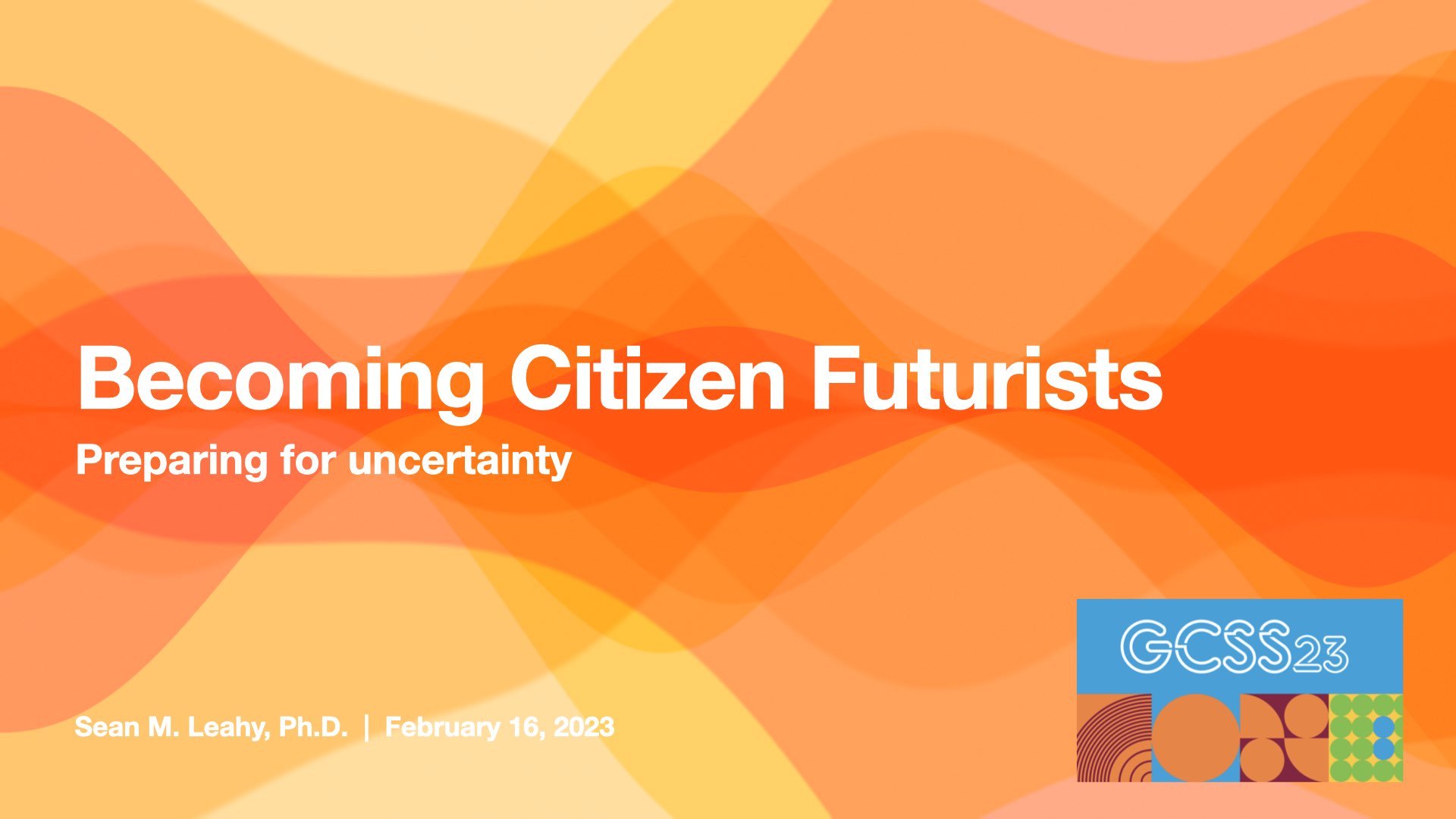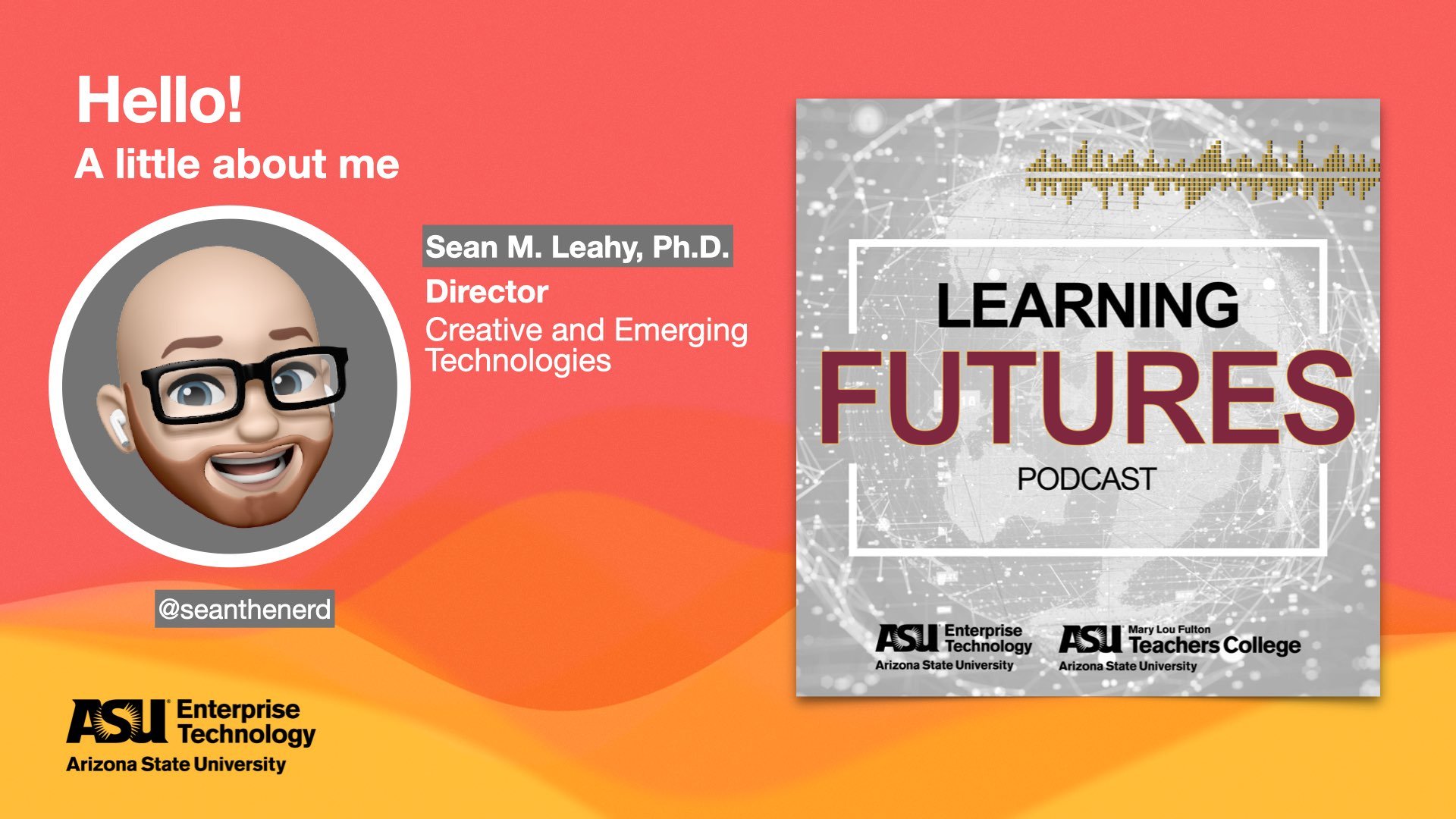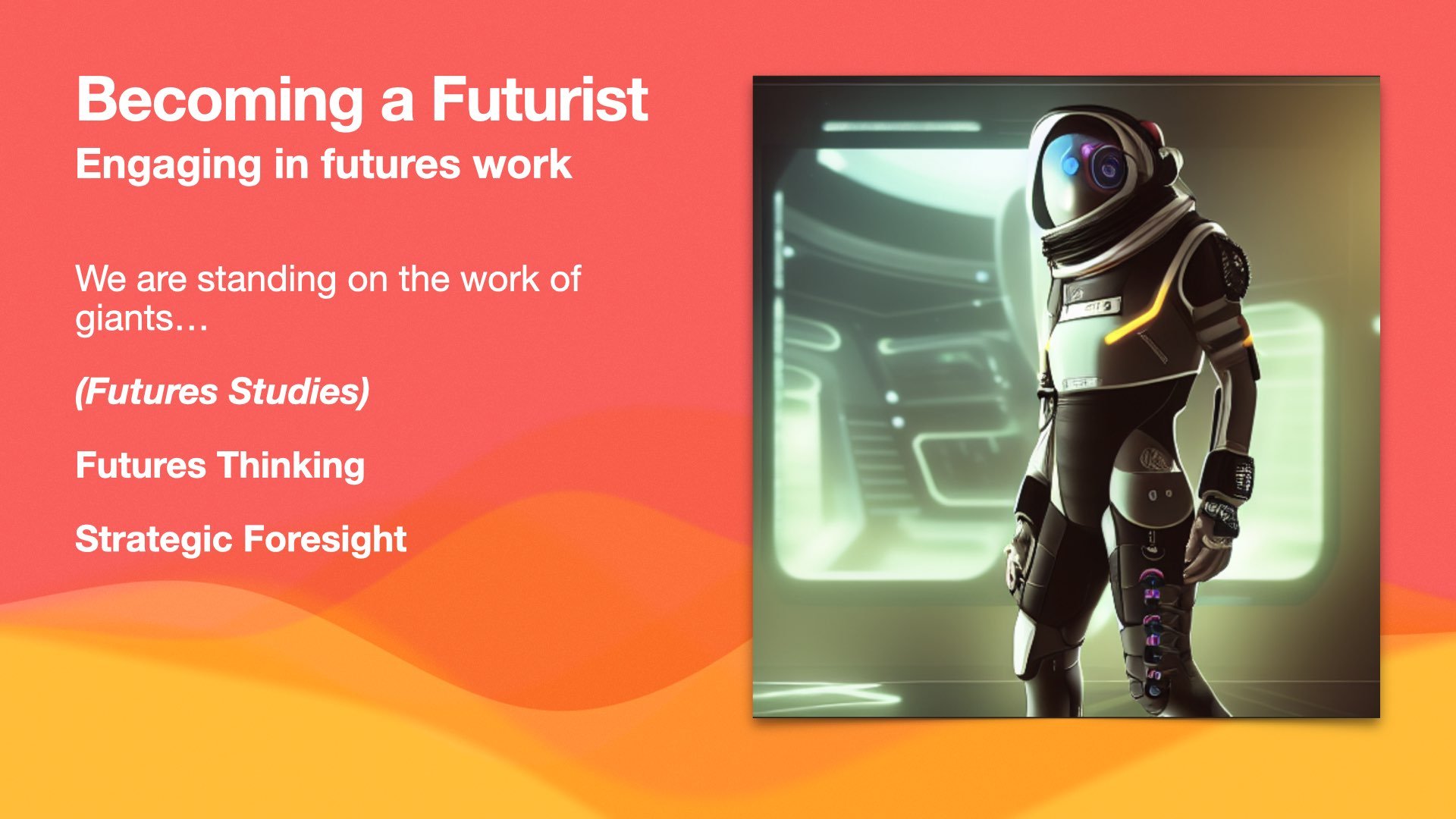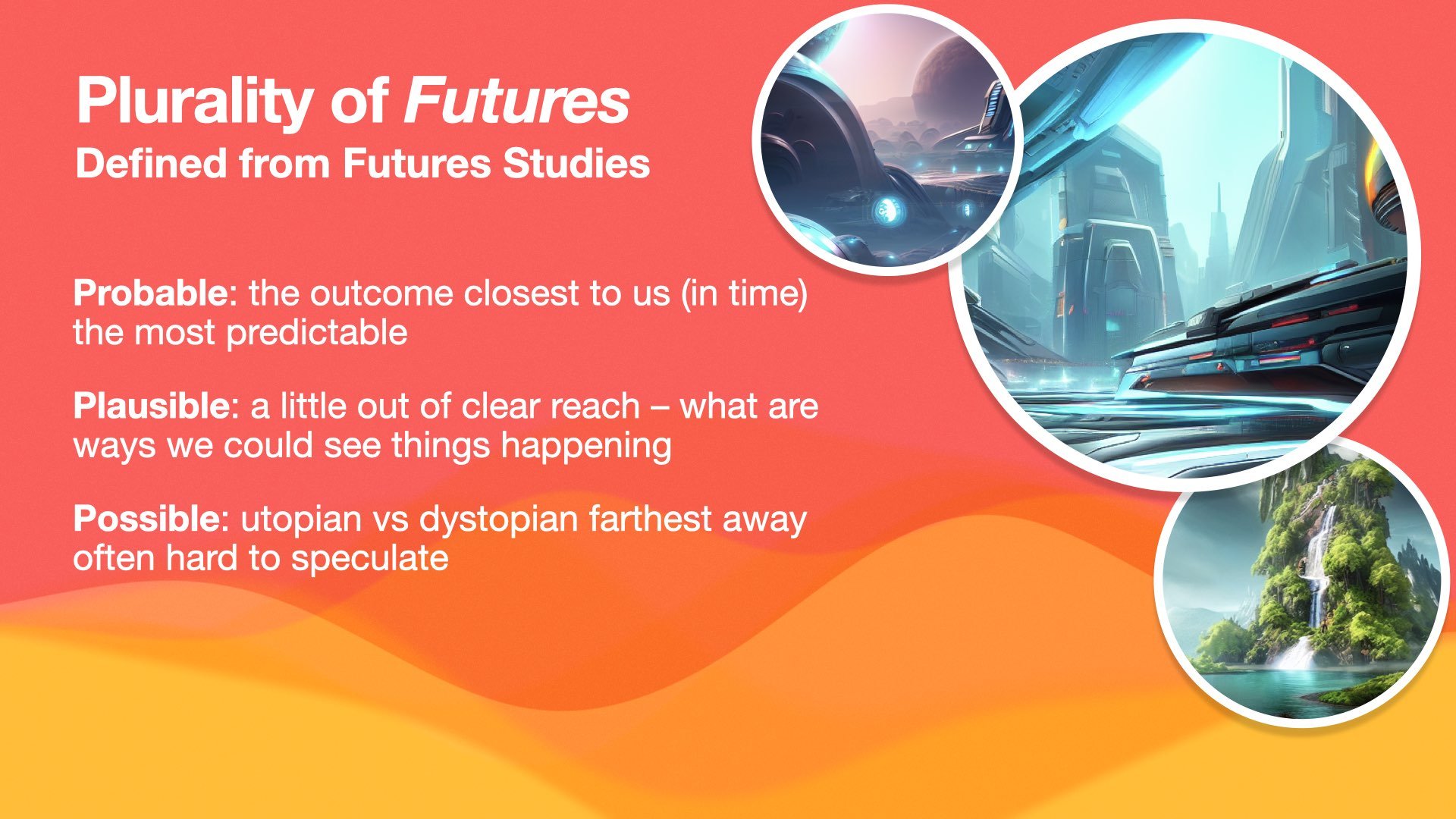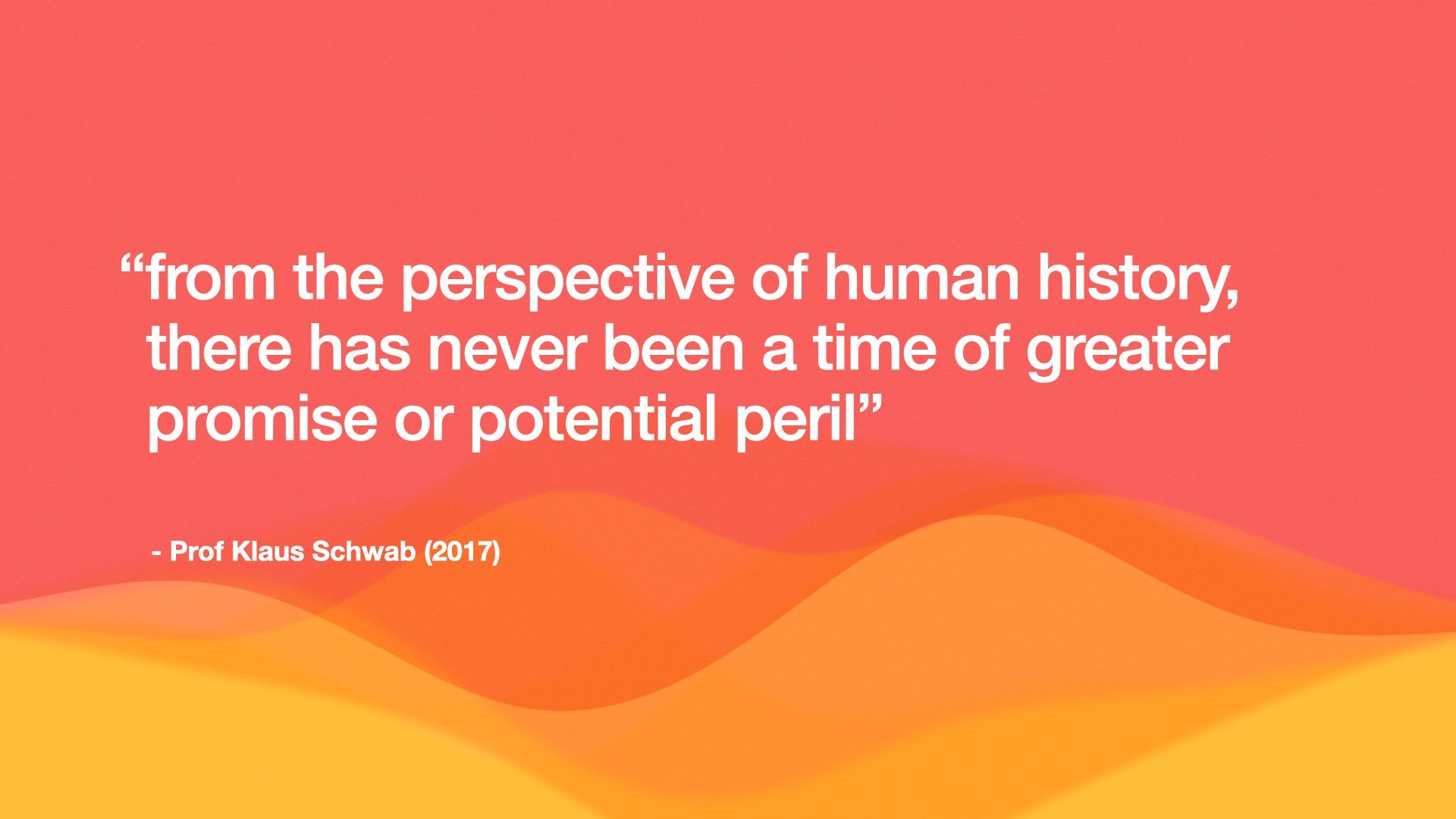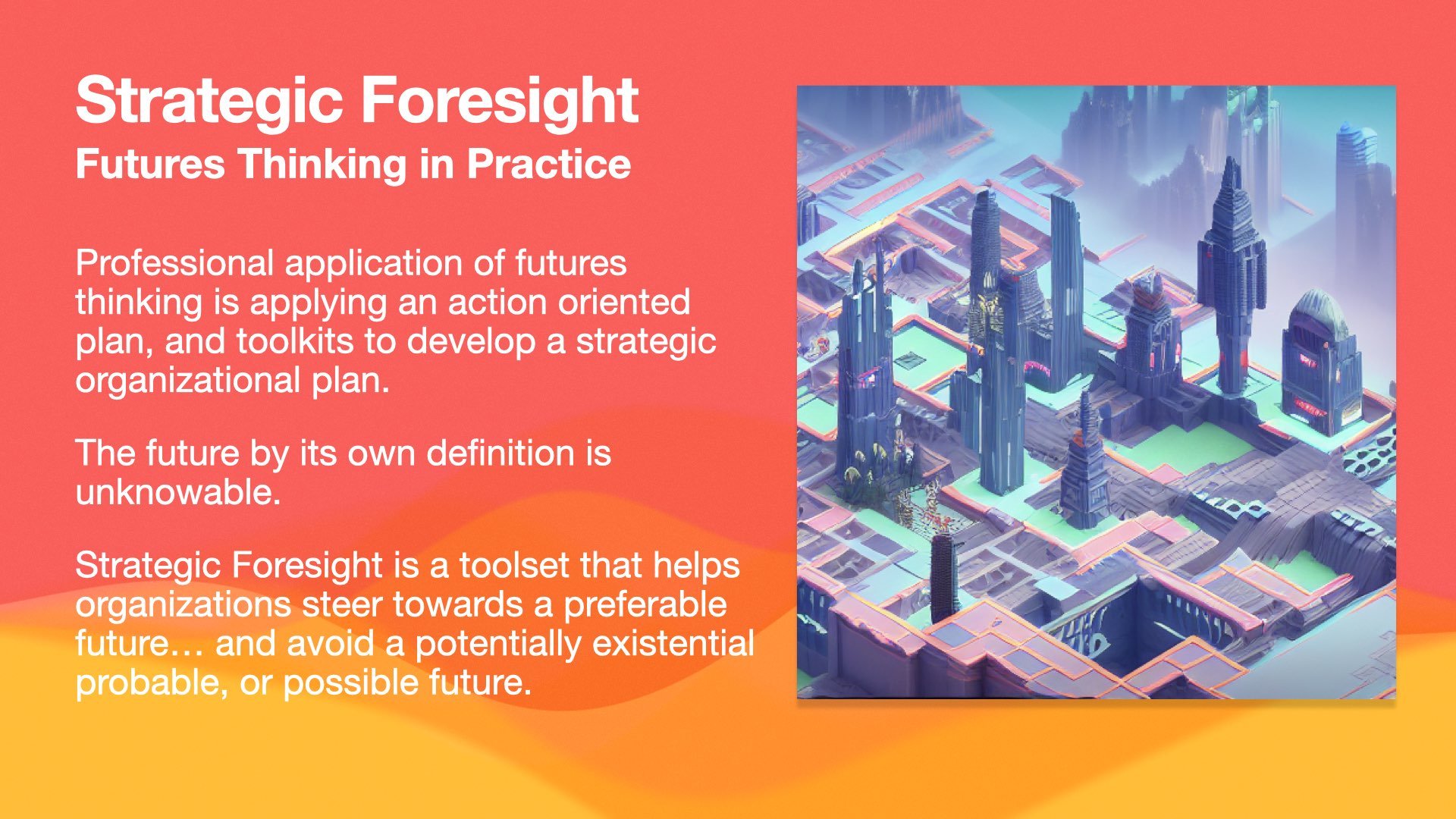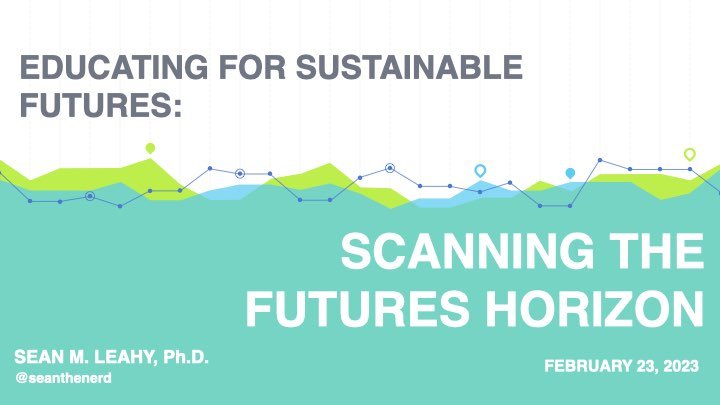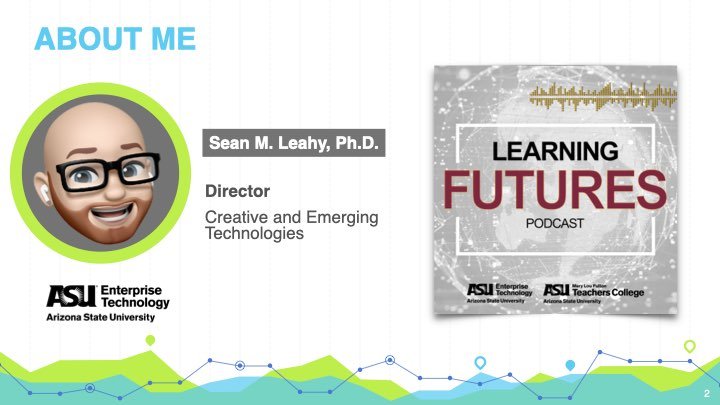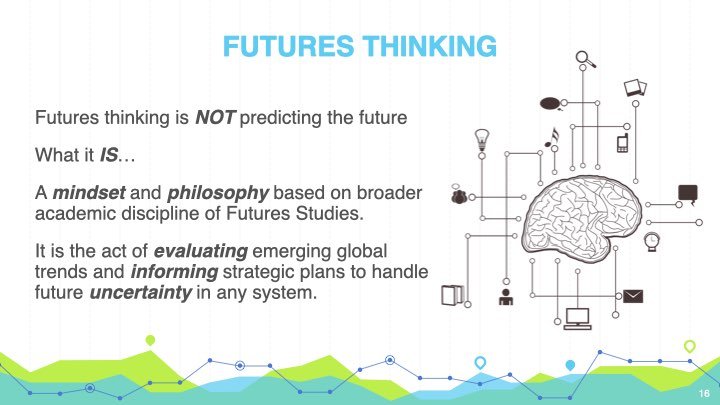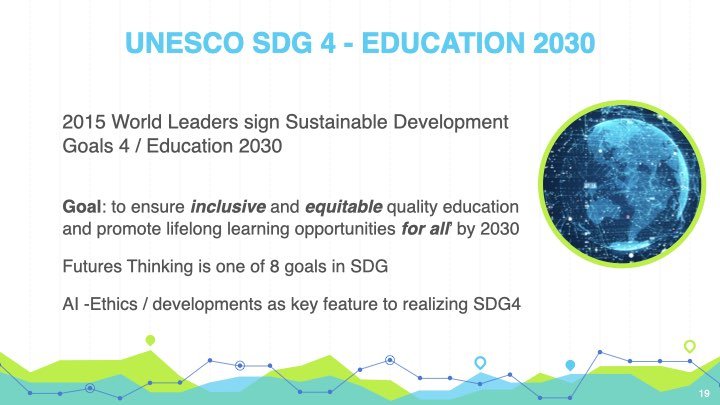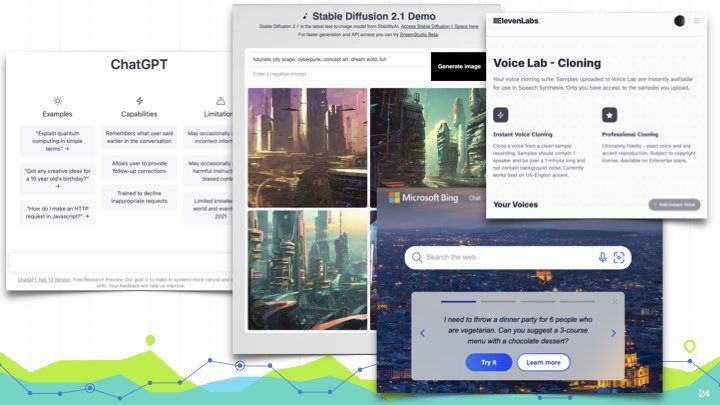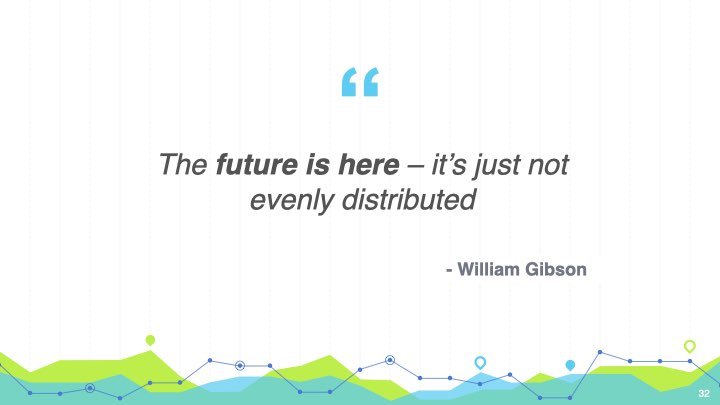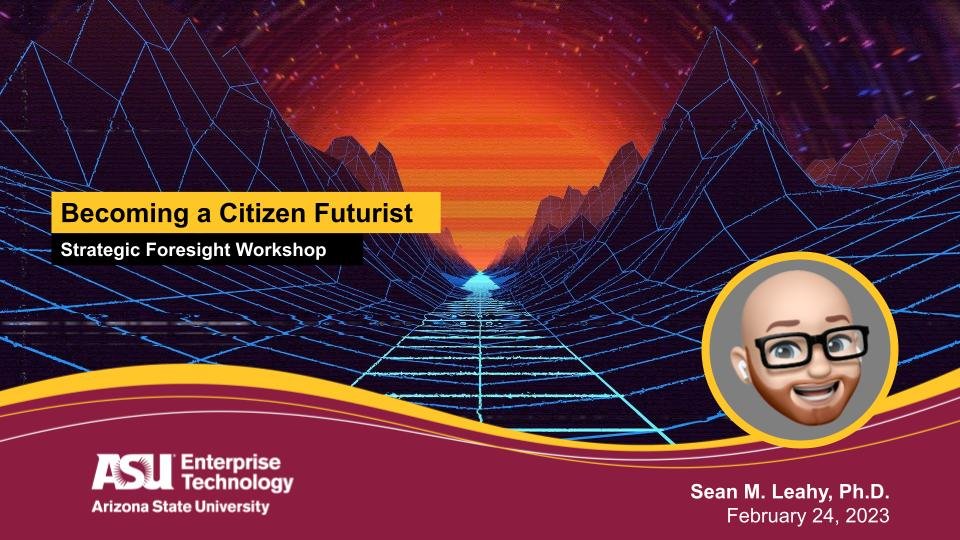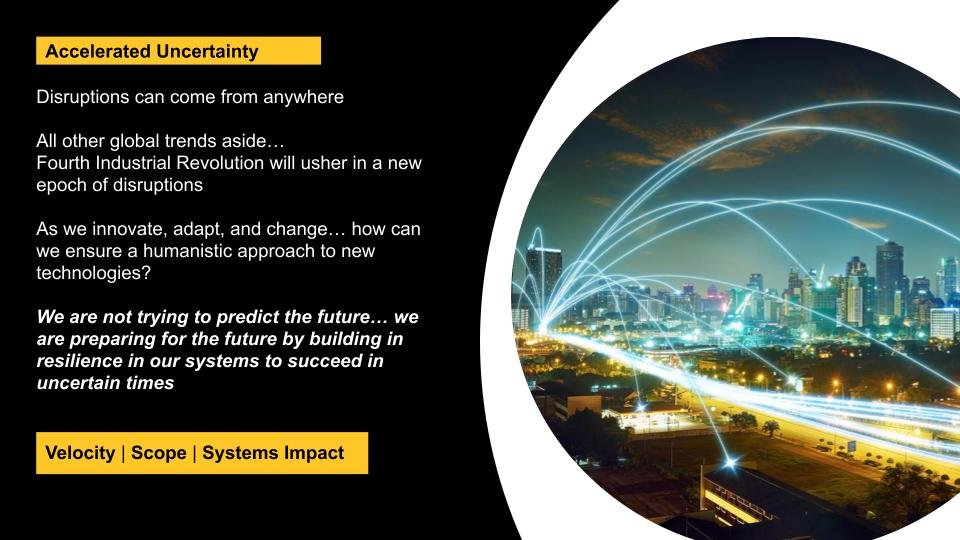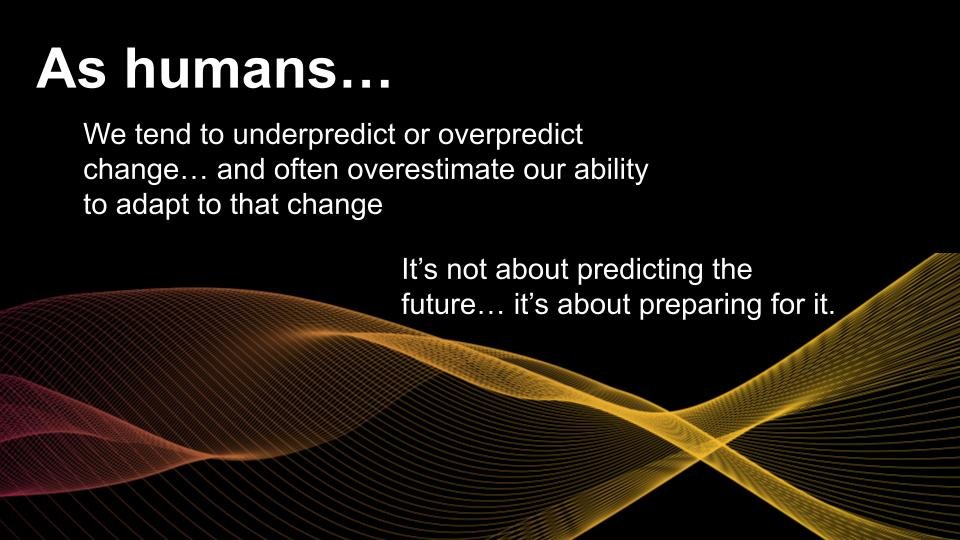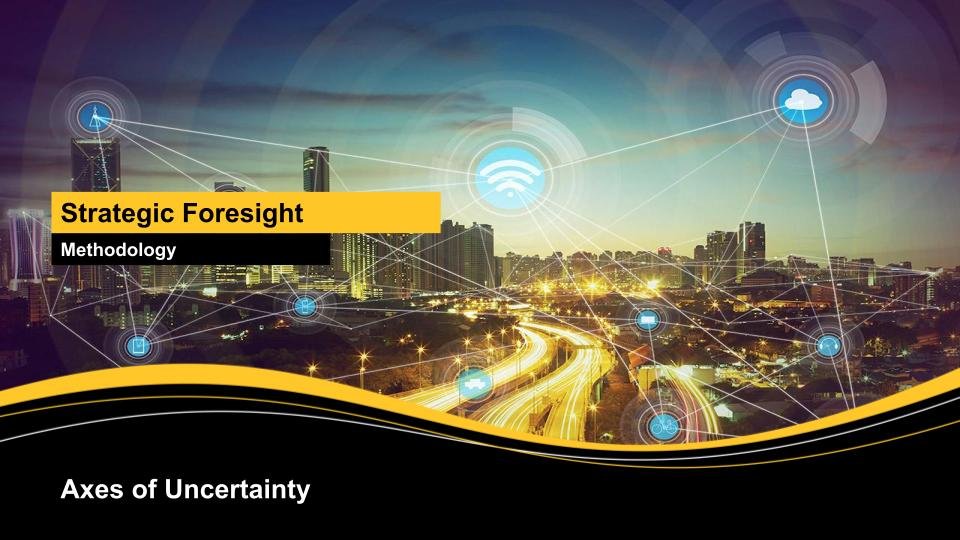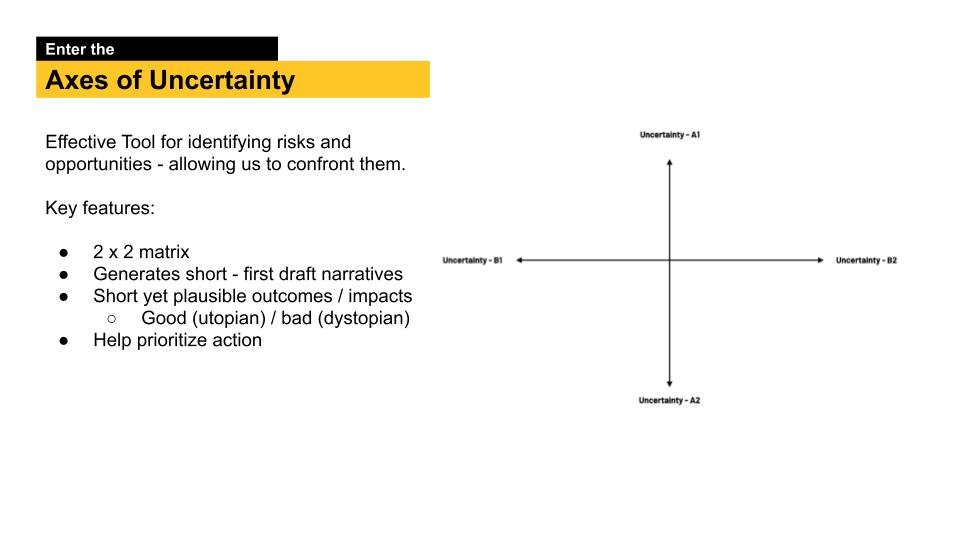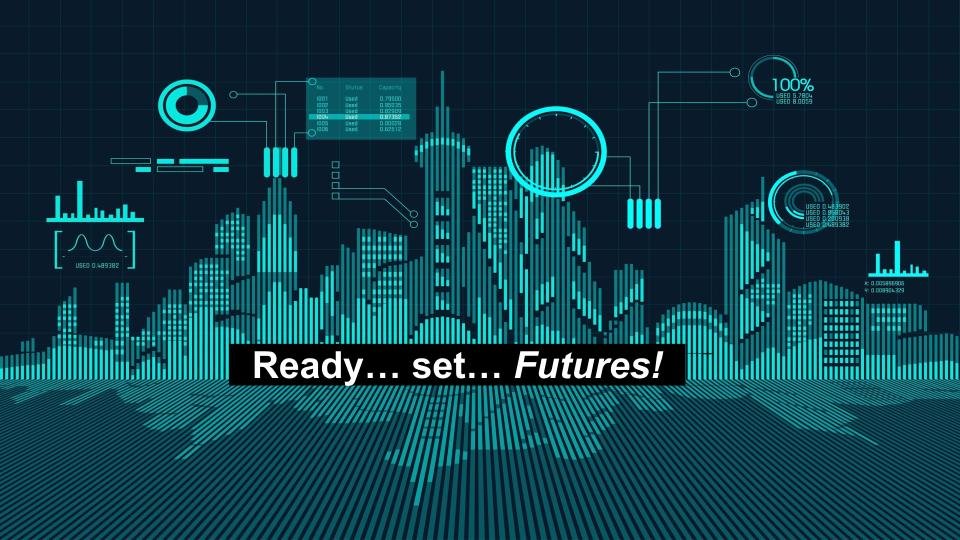Our paper was entitled: INTERNATIONAL PODCAST PROJECT: USING PODCASTS TO ENRICH AND ENHANCE EXPERIENCES IN INTERNATIONAL EDUCATION.
Abstract
The purpose of this oral presentation is to share information on the outcomes of an international collaboration involving student-produced podcasts as a course requirement. This project took place across multiple campuses in the global network of Webster University. Students and instructors participated from the following campuses: St. Louis, Missouri (the university’s home campus), Leiden, The Netherlands, Geneva, Switzerland, and Cha-Am, Thailand, and Vienna, Austria. Podcasting has increasingly become a useful tool in nearly all aspects of learning, but perhaps even more so when students produce the podcasts as part of a course assignment (Ashraf, Noroozi, & Salami, 2011; Çölkesen & Bedir, 2016; Forbes, 2011). The concept of the International Podcast Project was to provide an active learning experience in which students participate in a global media project by choosing a topic related to media and society, research their topic, develop a short audio program in the form of a podcast and publish their work along with their fellow classmates from the participating international campus locations. A main goal of this project was to provide a common cross-site academic activity that all Webster University campus locations could participate in. This project is intended to be an independent modular assignment / activity that can be adopted by any media (related) course, and therefore is not limited to a specific course offering, but can be adopted by faculty in which this assignment meets a curricular goal or active learning experience. Finally, the presentation offers best practices when designing a project that involves differences in terms of location, culture, resource, technological proficiency, and time zones. Attendees will benefit from hearing about challenges and opportunities that were encountered and the solutions that emerged from group discussion and collegial collaboration. While the project itself was developed by instructors who teach courses in media, many of the students involved in the project were not media majors or had little to no prior knowledge of how to produce a podcast. This presentation will also address how to mitigate such possibilities.
References:
[1] Ashraf, H., Noroozi, S., & Salami, M. (2011). E-listening: The Promotion of EFL Listening Skill via Educational Podcasts. 6th International Conference on e-Learning (p. 10-16). Canada: University of British Columbia Okanagan.
[2] Çölkesen, D., & Bedir, G. (2016). The use of student-produced educational podcasts in foreign language vocabulary teaching. International Journal of Research in Education and Social Science 1, (3), 2415-2528
[3] Forbes, D. (2011). Beyond Lecture Capture: Student-generated Podcasts in Teacher Education. Waikato Journal of Education, 51-63.
Keywords: International collaboration, podcasts in education, student-oriented learning.





